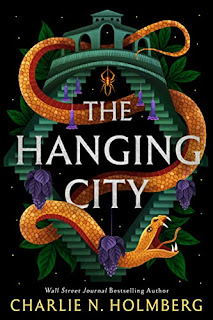A history book disguised as a detective novel - "Death at the Durbar" - review

Just a few days before the monarch will arrive a dead dancing girl is discovered in the Royal Pavilion. A visiting maharaja who likes to do a bit of sleuthing is asked to solve the case before the whole event is ruined by a big scandal. Maharaja Sikander Singh of Rajpore tries to track down all the girl's visitors and interviews them. They are followed by other suspects that are suggested by those people. This results in him speaking to many Indian princes and quite a few Brits.
I discovered while reading that most of the people getting interviewed were real people. Thus the writer describes a scala of interesting historical figures from India's past. For me as a non-Indian and non-Brit that caused me a lot of expeditions into Wikipedia. A Spanish flamenco dancer who married a Raja? Yes it really happened. Battenberg? Mount Batten?
Unlike many books set during the Raj discrimination is not that much of an issue. Maybe because most people the Maharaja encounters are fellow Indians.
The book is a Miss Marple, Hercule Poirot style of mystery with the culprit flushed out in the end and to me it sounds very British. But is is written by an Indian writer who is famous as the writer of graphic novels.
Sometimes the detective part of the story becomes a bit slow and the maharaja's are introduced a bit formulaic (X, a state in the... of India as big as (European country), entitled to a .. gun salute, the royal family originates from), exactly that history lesson makes the book so interesting to read. All the words of that era help to give you the real feel of the period.
I really liked what Sikander says to Captain Campbell who is rumoured the be the bastard of the uncle of the king and despised because of that. The man is humiliated at a certain moment and then Sikander points him to the fact that he is a descendant of a very noble family: his Scottish mother's family that is who were warrior princes when the British king's family were stil sheepherders in Bavaria (eeehm Hanover is in the middle of Germany and Bavaria in the south but....)
Although at first the solitary Indian ruler hates to see himself forced to be accompanied by the smiling optimistic side kick during their job he grows fond of the man.
A 5 out of 5 star!





Comments
Post a Comment